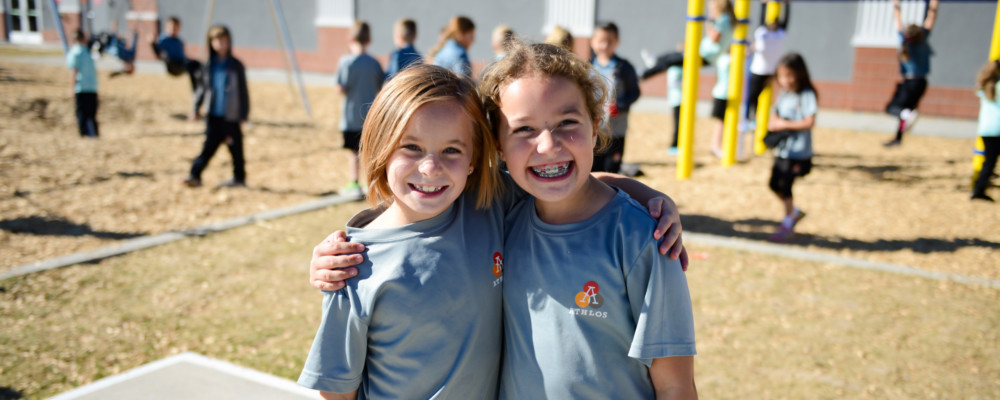For most parents, teaching their children the “social graces” is an old school norm, a part of everyday parenting.
“Social graces” is an old-fashioned idea. It was eventually replaced with the term “people skills” which has since been reinvented as social intelligence. Despite the transformation of the term, the concept remains powerful and essential to the success of an individual.
Recent research has shown a direct connection between an individual’s potential for happiness and success in life with his/her level of social intelligence. Karl Albrecht in his “Social Intelligence Theory” classifies behavior toward others as falling somewhere on a spectrum between “toxic” effect and “nourishing” effect. Toxic behavior makes people feel devalued, angry, frustrated, guilty or otherwise inadequate. Nourishing behavior makes people feel valued, respected, affirmed, encouraged or competent.
A continued pattern of toxic behavior indicates a low level of social intelligence. People who continually display toxic behaviors have an inability to connect with others and influence them effectively. On the other hand, people who display a continued pattern of nourishing behavior tend to be much more effective in dealing with others.
Nourishing behaviors are the indicators of high social intelligence. Students learn social intelligence in their formative years, and they have opportunities to practice those skills in daily school interactions. That is why an important shift is occurring in education.
No longer is IQ considered the only measure of success and thus the focus of education. Cutting edge educators recognize that multi-dimensional teaching and learning approaches are essential.
School-based education that includes a focus on social intelligence can increase each student’s chance for success in life.
Guest post by Kelly Shaw

